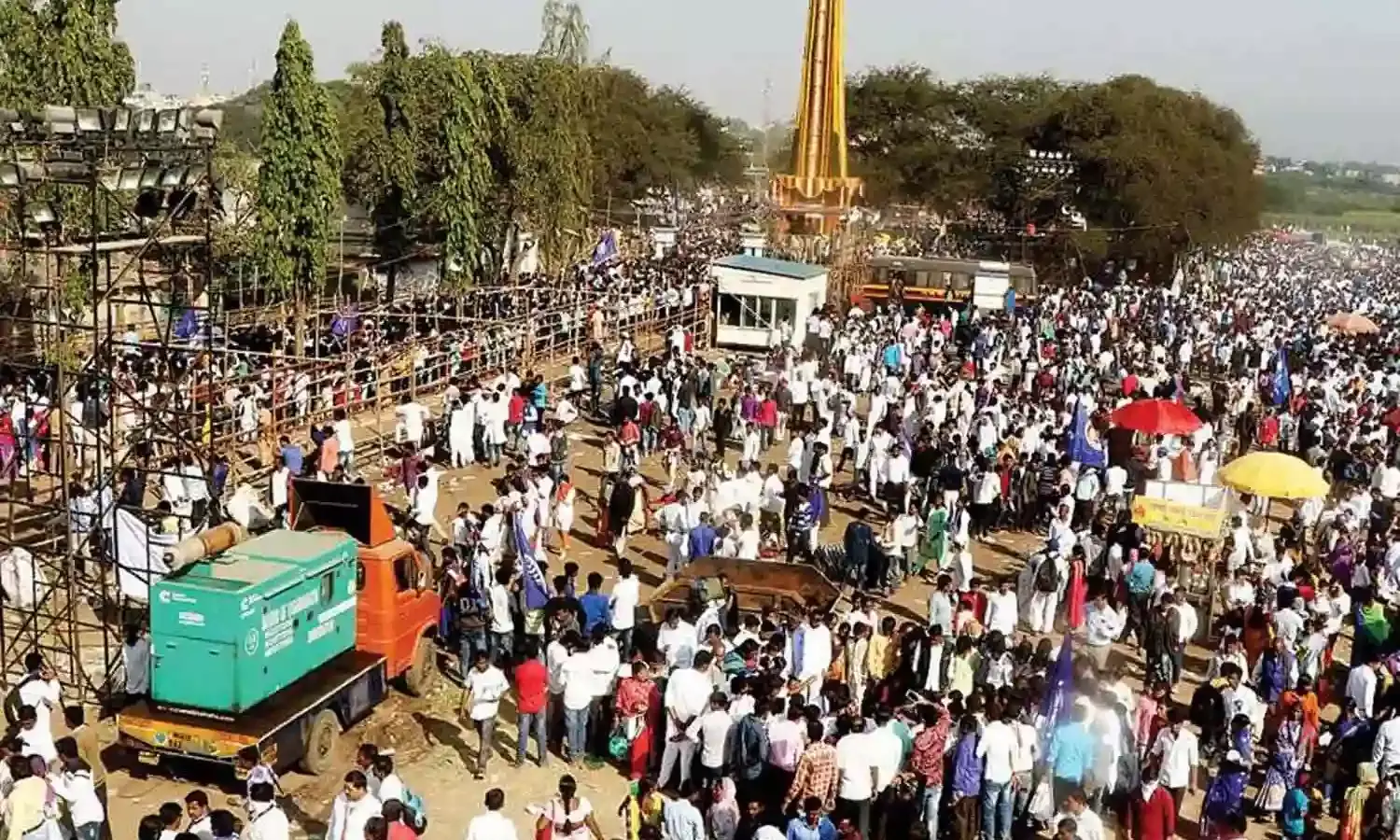Bhima Koregaon- 'Flimsy Cover For Crackdown on Dissidents', Say Scientists and Academics
Over 1000 sign petition

Over 1000 members of the scientific and academic community have called on the government to “immediately end its crackdown on dissidents” and release those arrested in connection with the Elgaar Parishad case.
In a statement dated September 9, signatories expressed their “deep concern” over the National Investigation Agency’s (NIA) handling of the case, requesting that the Centre focus on identifying and prosecuting the “true perpetrators” of the Bhima-Koregaon violence.
“Instead of investigating those responsible for the actual violent clashes in Bhima-Koregaon, the NIA (and earlier, the Pune police) has focused on the Elgaar Parishad event—a large cultural and political gathering—where the main organizers were reportedly two eminent retired judges,” read the statement signed by members of renowned universities and research institutions in India and abroad.
These include IIT Delhi, IIT Kanpur, IISER, Tata Institute of Fundamental Research, IIM Ahmedabad, University of Oxford, Columbia University, Harvard University, Centre for Law and Policy Research, ATREE and Azim Premji University among many others.
Signatories highlighted how the investigation has led to the arrest of several academics, lawyers and prominent activists under the Unlawful Activities (Prevention) Act (UAPA), further claiming that “most of the individuals who have been taken into custody were not even present at the Elgaar Parishad event.”
The recent arrests of three members of the cultural group Kabir Kala Manch—Sagar Tatyaram Gorkhe, Ramesh Murlidhar Gaichor and Jyoti Raghoba Jagtap—brings the tally of those arrested in connection with the case up to 15. “By using the draconian Unlawful Activities Prevention Act (UAPA), the government has prevented those who have been arrested from obtaining bail,” stated the signatories.
They further claimed that the notices sent by the NIA to Prof. K Satyanarayana from the English and Foreign Languages University, Hyderabad and the senior journalist KV Kurmanath—news of which emerged after the statement was first released—“add urgency” to the statement’s call to the government.
The signatories stated that the NIA has continued its interrogation of academics, activists, and also defence lawyers for some of the accused. Most recently, the NIA summoned scientist and activist Prof. Partho Sarothi Ray of the Indian Institute of Science Education and Research, Kolkata, for questioning.
According to reports, Ray is one of several scientists being consulted by the World Health Organization (WHO) for management of the pandemic and policy formulation on COVID-19.
“Separate from his outstanding scientific work, Prof. Ray has also been deeply involved in social causes. He has been working extremely hard in coordinating efforts in the Nadia district to battle the COVID-19 pandemic, by helping to set up and operate the government-run COVID-testing center in the district,” the signatories stated.
They emphasised that Ray had publicly said he had “no knowledge of the Bhima-Koregaon incident” and had never visited the area. “But of course it is well known that Prof. Ray has been critical of the central government’s response to the pandemic and we suspect that this may not be unrelated with the summons that have been issued to him. We are concerned that Prof. Ray may also be arrested on false charges,” they alleged.
The case in question relates to the Elgaar Parishad event held on December 31, 2017, commemorating 200 years of the Bhima Koregaon battle which was followed by violence between caste groups and state-wide agitations in Maharashtra.
A number of prominent figures have been arrested in connection with the event, including activist and poet Varavara Rao, civil rights activist Sudha Bhardwaj, Assistant Professor at Delhi University’s English Department, Hany Babu, academician Anand Teltumbde and activist Gautam Navlakha among others. Many of those arrested have been in prison for close to two years without bail.
“Therefore, it appears to us that the NIA’s claims of investigating the “conspiracy” in the Elgaar-Parishad case are actually a flimsy cover for cracking down on “urban naxals”—who, in reality, are only dissident intellectuals—and keeping them in prison indefinitely,” reads the statement.
Signatories, who have signed the statement in their individual capacities, include



